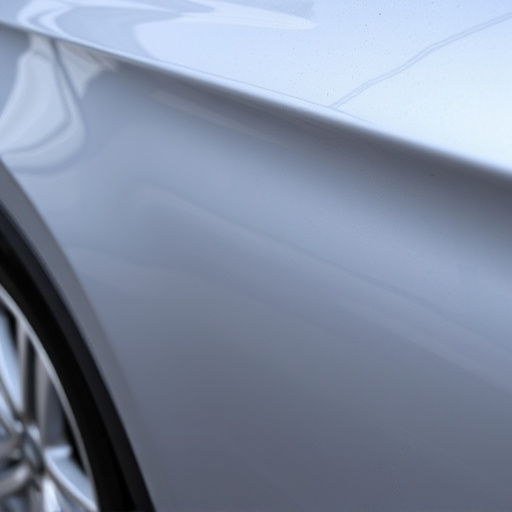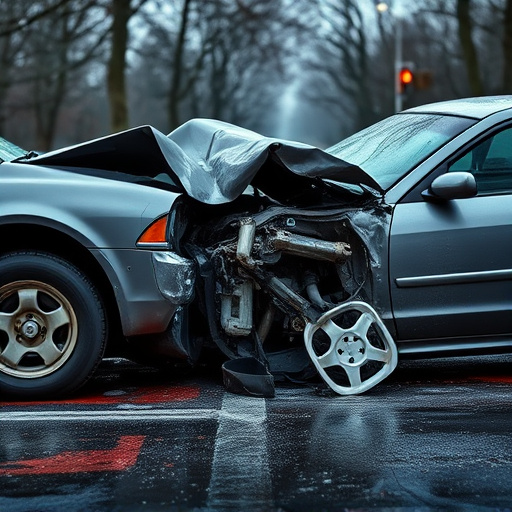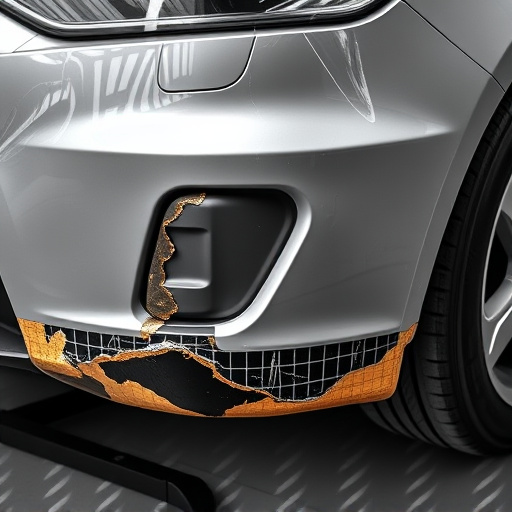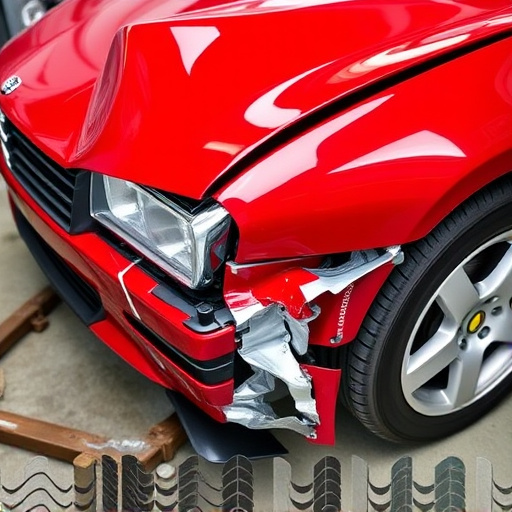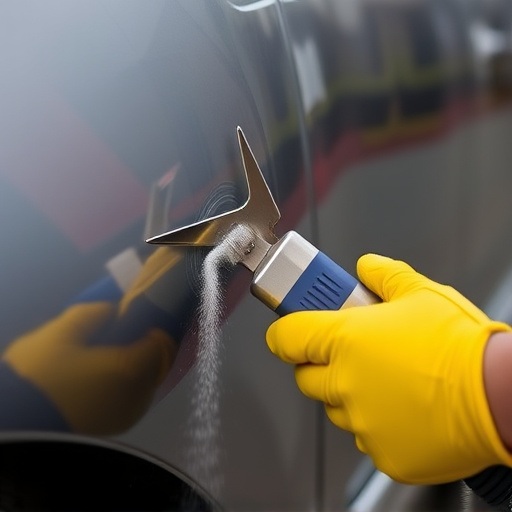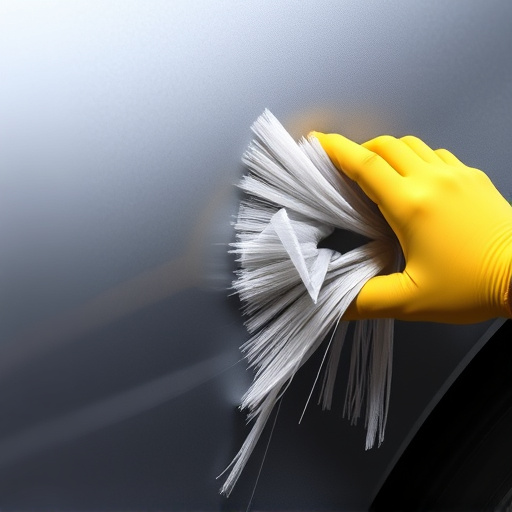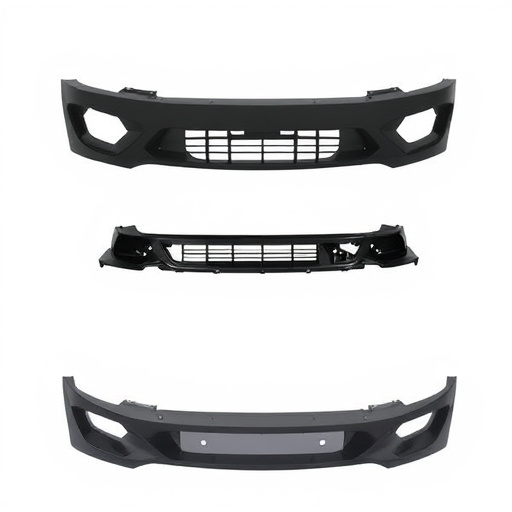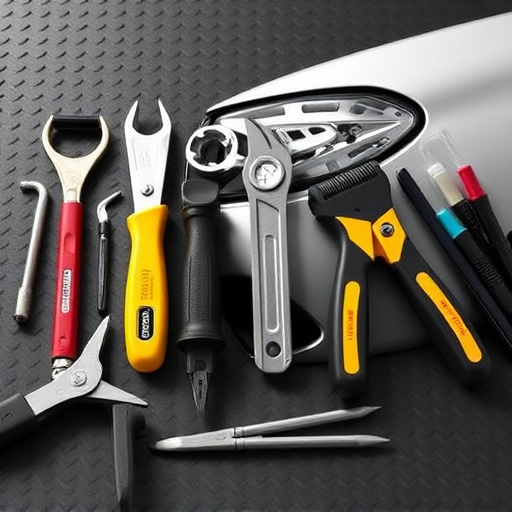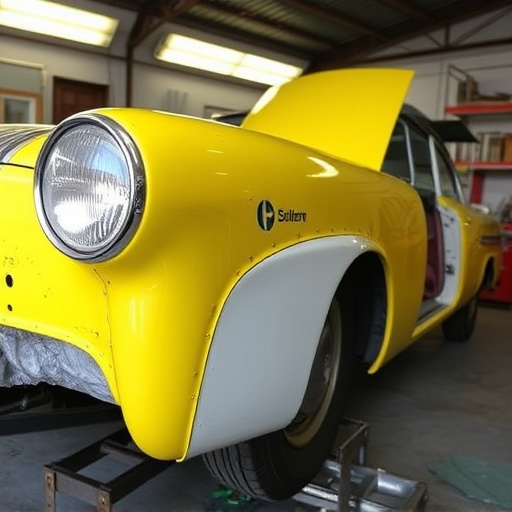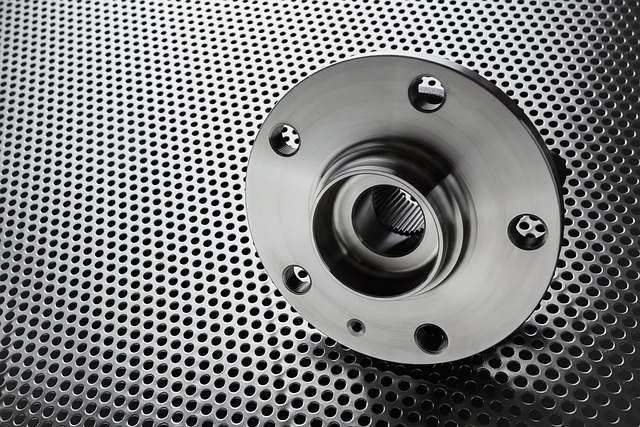Recycled parts in collision repair offer significant cost savings for body shops and car owners, with reduced operational expenses and competitive pricing on services like bumper repair and car paint restoration. These budget-friendly options maintain quality, are eco-friendly by diverting waste from landfills and conserving resources, and ensure structural integrity and safety standards.
In today’s eco-conscious era, the automotive industry is undergoing a green transformation. One prominent area of change is collision repair, where adopting recycled parts offers a sustainable and cost-effective solution. This article explores the multifaceted benefits of utilizing recycled parts in collision repair. From significant cost savings to reduced environmental impact and stringent quality assurance, these benefits make a compelling case for embracing eco-friendly practices in auto body restoration.
- Cost Savings: Recycled Parts as a Budget-Friendly Option
- Environmental Impact: Reducing Waste and Carbon Footprint
- Quality Assurance: Ensuring Safety and Reliability in Repairs
Cost Savings: Recycled Parts as a Budget-Friendly Option
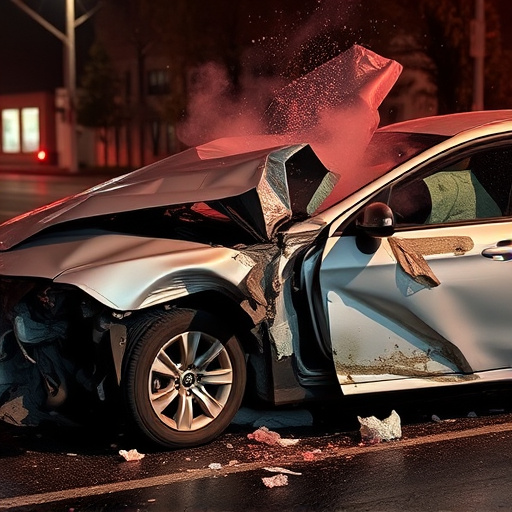
Using recycled parts in collision repair offers significant cost savings for both vehicle body shops and car owners. By opting for refurbished or remanufactured components, businesses can reduce their operational expenses, which, in turn, allows them to offer competitive pricing on services like bumper repair and car paint repair. These budget-friendly options don’t compromise quality; many recycled parts are just as durable and reliable as new ones.
Moreover, cost savings extend to consumers who, when choosing recycled parts for their collision repair needs, can expect lower bills without sacrificing the safety or aesthetics of their vehicle. This makes it an attractive choice for those looking to keep costs down while ensuring their car is restored to pre-accident condition, encompassing both functional repairs like bumper replacement and aesthetic ones such as car paint restoration.
Environmental Impact: Reducing Waste and Carbon Footprint
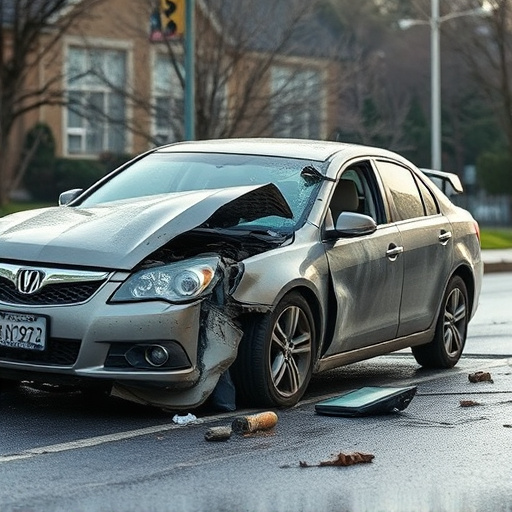
The use of recycled parts in collision repair offers a significant advantage for the environment. Traditional auto body shops often contribute to waste generation and a substantial carbon footprint due to the constant demand for new materials. This process involves cutting, shaping, and processing raw materials, which can be energy-intensive and release greenhouse gases into the atmosphere.
By opting for recycled parts in collision repair services, auto body shops can reduce their environmental impact. These parts are typically salvaged from vehicles that have been destroyed or decommissioned, diverting them from landfills and decreasing waste. This eco-friendly approach not only conserves natural resources but also minimizes the energy requirements associated with manufacturing new components, thereby lowering the overall carbon footprint of luxury vehicle repair processes.
Quality Assurance: Ensuring Safety and Reliability in Repairs
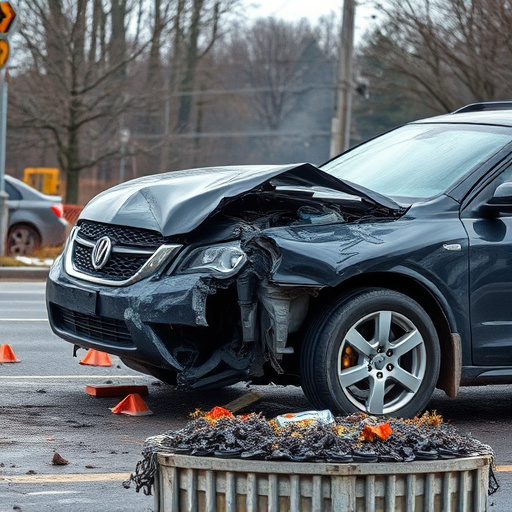
Using recycled parts in collision repair offers a unique advantage when it comes to quality assurance. These parts are meticulously processed and tested to meet strict safety standards, ensuring that vehicles restored with them perform as well as new ones. In the case of classic car restoration or Mercedes-Benz collision repair, where precision and reliability are paramount, recycled parts can provide peace of mind without compromising on quality.
This meticulous process involves rigorous inspection and certification, guaranteeing that the recycled parts maintain their structural integrity and mechanical functionality. By adopting these practices, collision repair shops not only contribute to environmental sustainability but also ensure that every vehicle leaving their facility is safe and reliable. This attention to detail sets apart shops that prioritize both eco-friendly practices and top-notch repairs, whether for modern or classic vehicles.
The adoption of recycled parts in collision repair offers a triple win: cost savings, reduced environmental impact, and enhanced quality. By utilizing these parts, auto body shops can pass on significant discounts to customers while minimizing waste and lowering carbon emissions. Moreover, strict quality control measures ensure that recycled components meet the same safety standards as new ones, providing reliable repairs that customers can trust. Embracing recycled parts in collision repair is not just a sustainable choice; it’s a smart, responsible one.
